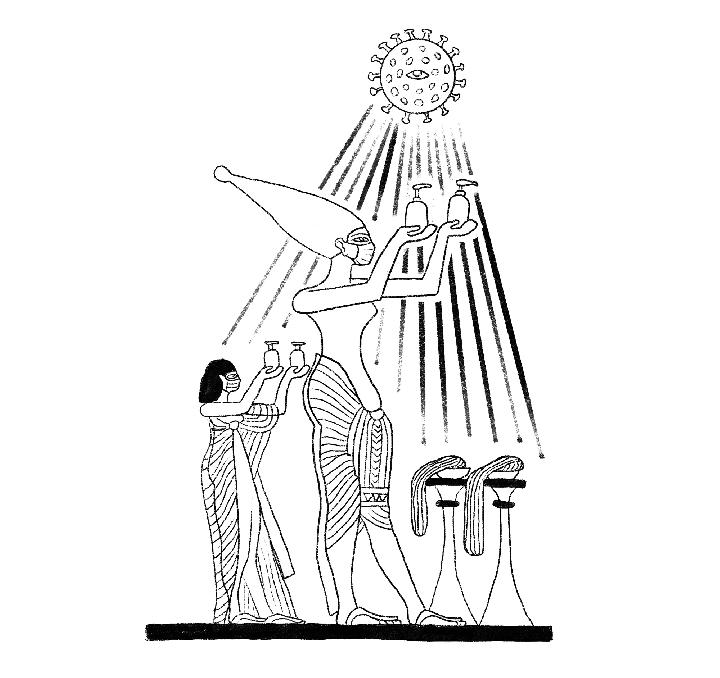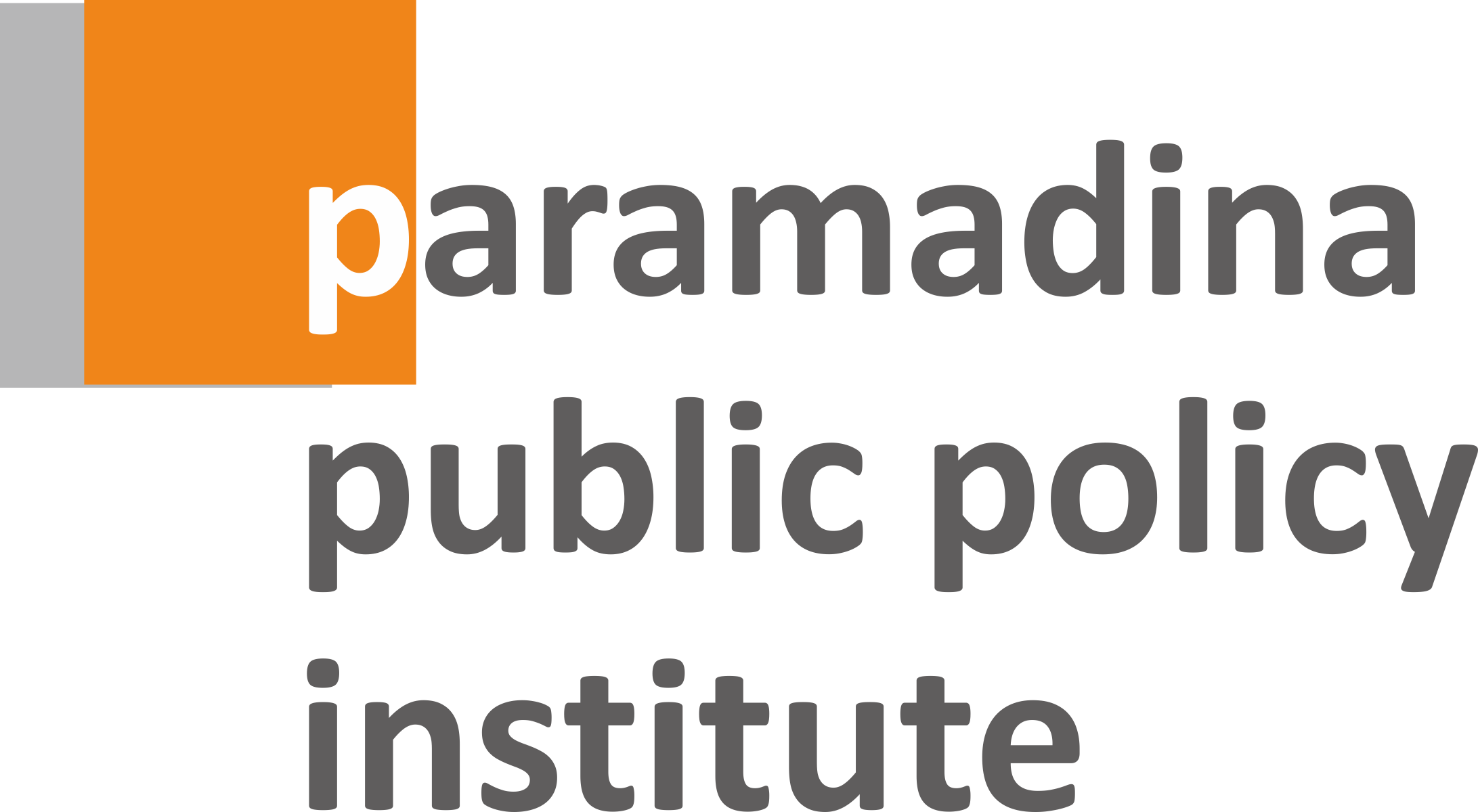
April 6, 2020
The pandemic that in a short time has stopped everything and killed tens, hundreds, even thousands of people on a global scale is an extreme situation that is beyond the horizon of human experience. There is no context or precedent to help us understand it psychologically. The COVID-19 pandemic is such a situation and there aren’t many words or concepts that can help us understand it. But the word “Kairos” might.
“Kronos” and “Kairos” are two Greek words relating to time. Kronos is time in terms of quantity of duration that is measurable by a clock and dates. It is sequential, orderly, rhythmic, and predictable. Kronos is quantitative and objective time. Kairos, in contrast, refers to the quality inherent in a particular time.
Kairos refers to the time in which a specific event occurs, where beyond that particular time, the event will not and cannot happen. Kairos is often understood as God’s time, the moment chosen by the Almighty to signal his existence; when eternity disturbs the temporary.
Kairos implies a paradigm shift when the world habits and old ways of thinking no longer work. Kairos is a time of crisis (the word “crisis” comes from this word Kairos) with two faces; danger and opportunity. In other words, Kairos that accosts humans with danger, terror, and fear also gives way to dramatic opportunities for change and transformation.
The Corona pandemic is Kairos for humanity. It yanks humans out of personal obsession and indifference towards other human suffering. This tremendous threat to humanity has made human connections, usually buried in the routine of daily life and social categories (race, ethnicity, religion, social class, and political affiliation) become real.
It is ironic to think that we need “social distancing” to realize “social relatedness”; to realize how inseparable humans are from each other; one group and another group; one nation and another nation. In the span of a few months, COVID-19 has accomplished what the United Nations has been attempting to do for decades, getting the world to realize that we live in a global village and that our fates are intertwined.
Coronavirus confronts nations with the underlying human conditions above. Globally, the question is whether the world can simultaneously face this epidemic together. This plague is not the problem of just this country or that nation, but rather the problem of humanity as a whole. Under these conditions, what is needed is global cooperation, not global competition. Hopefully, this world that is so accustomed to global “competition” will not be too awkward to carry out global collaboration which is absolutely necessary to survive this pandemic.
On a national scale, the coronavirus is Kairos that tests the Indonesian nation. This pandemic, to borrow a phrase from philosopher and psychiatrist Karl Jasper, is a ‘boundary situation’ that will define the nation’s character. More precisely, the response given to this boundary situation will show whether this nation is strong, responsible, and moral; a nation that is dignified in relations with other nations. Or vice versa. Yuval Noah Harari (Time, 15 March 2020) reminds us that “the most important thing to realize about a pandemic is that the spread of epidemic in any country endangers the entire human species”. This nation, due to its large population, has a great responsibility to help stop the spread of the virus.
This disaster also challenges the Indonesian governments at all levels. The performance of the government will indicate whether we are worthy of standing tall amongst other civilized nations or, if we will become pariahs due to an inability to adequately prevent the spread of this virus. How the government handles this pandemic will be an important part of the nation’s autobiography.
Humane, responsible, moral, and effective responses will be a source of inspiration for national solidarity. In this corona Kairos it is not the time to search for and score political points, let alone maintain a wall of Us vs. Them in any sense. We need leaders who can provide certainty to the community and mobilize all the resources of this nation. In addition to this, to conquer this pandemic, vertical and horizontal interconnection and political and institutional coordination are needed. Therefore, power-hungry egos and political interests must be set aside.
The Coronavirus has confronted humanity with its greatest enemy: humanity itself. The fight against humanity is also a fight against the egoism and pettiness of human beings themselves. Hopefully, we can win it.
Malik is Senior Advisor at Paramadina Public Policy Institute
This article was firstly published in Indonesian on Kolom Tempo.co
